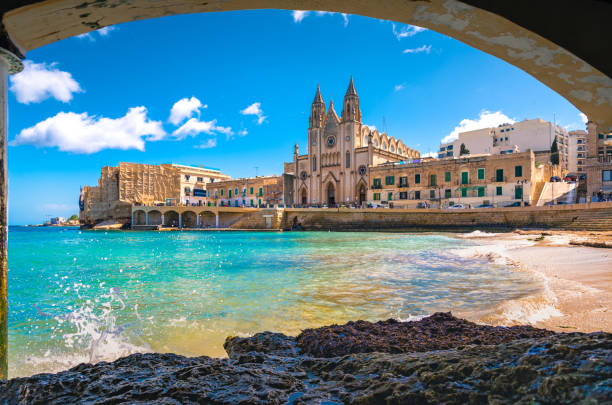Malta Corporate Tax System: Everything You Need to Know

Introduction
Malta has become one of the most attractive jurisdictions in the European Union for entrepreneurs, investors and holding structures. The official corporate tax rate is 35% but Malta operates a tax refund system that can reduce the effective corporate rate to as low as 5%. This makes Malta a leading destination for companies seeking a competitive EU-compliant tax regime.
In this article we explain how the Malta corporate tax system works, how the refund benefits businesses and why Malta is one of Europe’s most favorable jurisdictions for corporate structuring.
The Standard Corporate Tax Rate in Malta
The headline corporate tax rate in Malta is 35%.
This is one of the highest nominal rates in the EU but the effective rate is much lower thanks to the refund system.
The tax applies to both resident companies and non-resident companies with Malta-source income.
At first glance the 35% rate might discourage businesses. However the system is designed so that the burden falls once profits are distributed which makes Malta very competitive in practice.
The Malta Tax Refund System
The key feature of Malta’s system is its shareholder refund.
When a company distributes dividends shareholders can claim a refund of up to 6/7 of the tax paid.
This lowers the effective tax rate to around 5% for most trading companies.
Other refund levels exist such as 5/7 or 2/3 depending on the income type.
Example
A company earns €1,000,000 in profit:
It pays €350,000 in tax (35%).
When dividends are distributed shareholders can claim a 6/7 refund (€300,000).
The net burden is €50,000 → an effective 5% rate.
This transparent and EU-approved mechanism makes Malta one of the most efficient tax jurisdictions in Europe.
Dividend Taxation in Malta
No withholding tax on outbound dividends to shareholders whether resident or not.
Combined with the refund this makes Malta ideal for holding companies and international structures.
Other EU states often impose 10–30% withholding on outbound dividends which gives Malta a clear advantage.
Additional Advantages of Malta’s System
Double Tax Treaties
Malta has over 70 treaties including with the UK, Sweden, Germany and the US. These reduce or remove double taxation on cross-border income.
EU Membership
Malta enjoys full EU membership which means:
Access to the single market
Compliance with EU directives
International credibility and stability
Legal Framework
The legal system is based on English common law giving investors a reliable base for contracts and corporate governance.
Malta vs Cyprus
Both Malta and Cyprus are popular choices yet they differ:
Corporate tax:
Malta → 35% nominal, 5% effective with refunds
Cyprus → 12.5% flat with no refund system
Dividends:
Malta → no withholding, refund makes it competitive
Cyprus → also no withholding, simpler structure
Complexity:
Malta → refund system adds admin but creates the lowest effective rate
Cyprus → easier system but slightly higher effective tax
In short Malta wins for lowest tax efficiency while Cyprus wins for simplicity.
Why Entrepreneurs Choose Malta
Entrepreneurs and investors prefer Malta because it offers:
A robust and EU-compliant tax system
One of the lowest effective corporate tax rates in Europe
No withholding on dividends
A strong treaty network
An English-speaking workforce and attractive lifestyle
This mix of low tax, credibility and quality of life makes Malta a preferred base for both startups and multinationals.
Frequently Asked Questions
What is the corporate tax rate in Malta?
The official rate is 35% but with refunds the effective rate is usually 5%.
Does Malta tax dividends paid abroad?
No. There is no withholding tax on outbound dividends.
How does the refund system work?
When dividends are distributed shareholders may claim a refund of the tax paid. In most cases this brings the effective rate to around 5%.
Is Malta better than Cyprus?
It depends. Malta offers a lower effective rate (5%). Cyprus has a simpler 12.5% flat tax. Both are attractive depending on your goals.
Is Malta a tax haven?
No. Malta is an EU member state and follows EU and OECD standards. It is tax-efficient but transparent.
Conclusion
The Malta corporate tax system is unique in Europe. A 35% headline rate combined with a refund mechanism reduces the real burden to about 5%. With no withholding on dividends, over 70 tax treaties and EU membership Malta strikes a rare balance of tax efficiency and credibility.
If you are planning to set up a company, create a holding structure or relocate to a tax-efficient EU base Malta remains one of the best choices available.
Interested in establishing a company in Malta or optimizing your structure? Offshore Pathway helps entrepreneurs build companies, manage compliance and benefit from Malta’s unique tax regime. Contact us today to get started.
